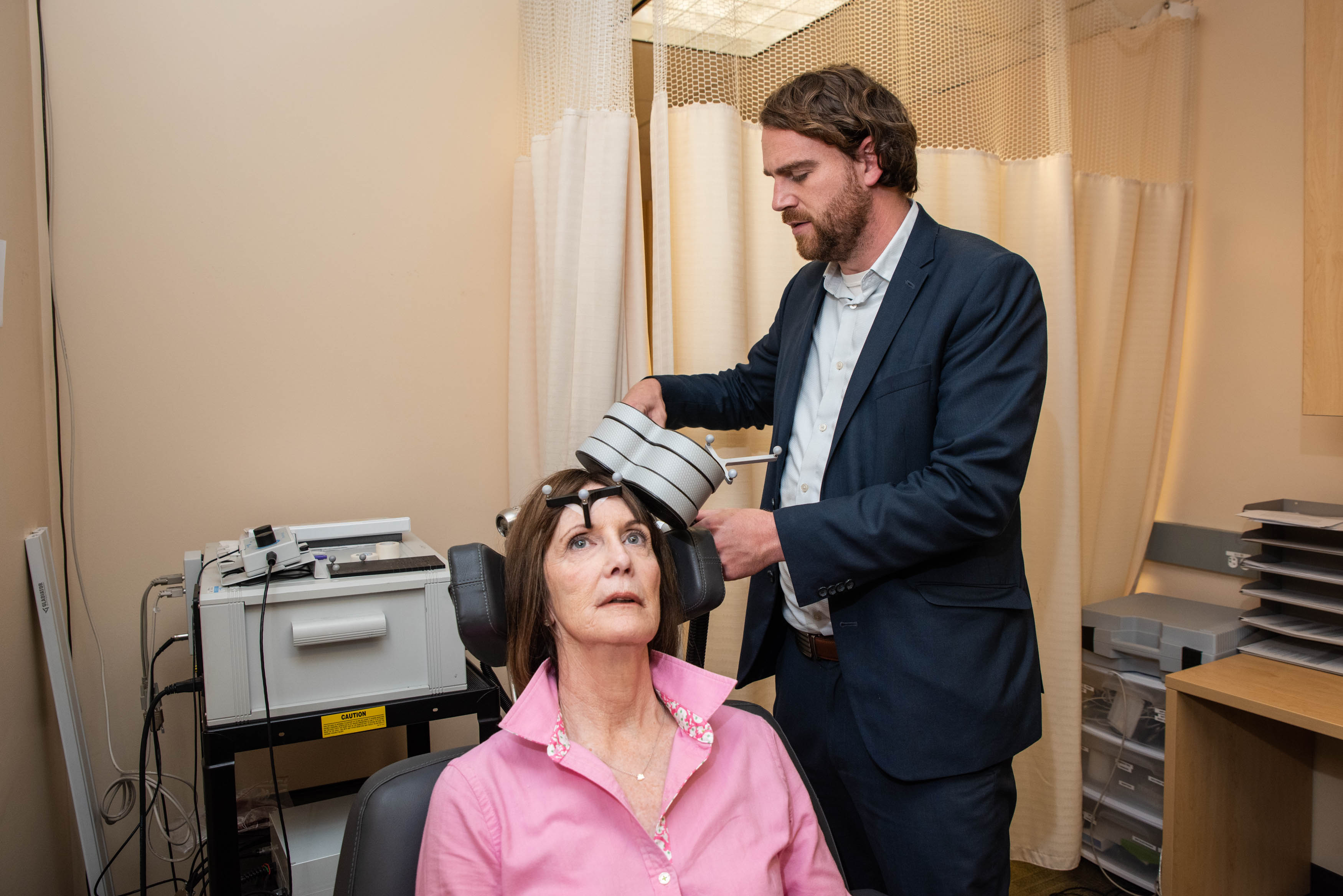When it comes to public dialogues about mental health, social stigmas and taboos can still make the subject difficult to broach – especially for men. This Thursday, four guys are working to bring such dialogues to a wider audience.

The National Alliance on Mental Illness Central Texas has teamed up with Ascension Seton to present “REAL TALK,” a webinar based on open discussions about mental health and breaking down some of the stigmas associated with it. According to Karen Ranus, executive director of NAMI Central Texas, the timing is especially poignant because June is National Men’s Health Month.
“I’m so glad it’s Men’s Health Month and that we’re focusing on mental health because the reality is, at the heart of this is the understanding and awareness that we need to raise around the notion that mental health is health,” she said, adding, “So much of the work that we do is about helping our community to better understand that and see mental health as a health issue.”
COVID-19 aided in highlighting mental health issues
Aside from the thematic components of June being Men’s Health Month, Ranus emphasized that now is an especially critical time to discuss mental health, given the coronavirus pandemic that has lasted for the past 15 months. COVID-19 aided in bringing mental health issues to the forefront of the public’s consciousness. Even though the most terrible aspects of the epidemic are behind us, Ranus believes that now is the moment to move the discourse ahead.
“We’re really seeing this, this worldwide message, and a lot of males are realizing that they’re not alone. And I believe that message is really hitting home through the media,” said Simon Niblock, a certified psychotherapist hosting Thursday’s session. “I think guys are growing more comfortable admitting, ‘I’ve got a problem; I’m really struggling here; I’ve never talked to a therapist; I’ve never sought help.’ So I’m going to reach out — I’m going to take that initial step, put my toe in the water.”
However, differences in how men of different ages, races, and ethnicities disclose mental health issues and seek treatment add another degree of subtlety.





